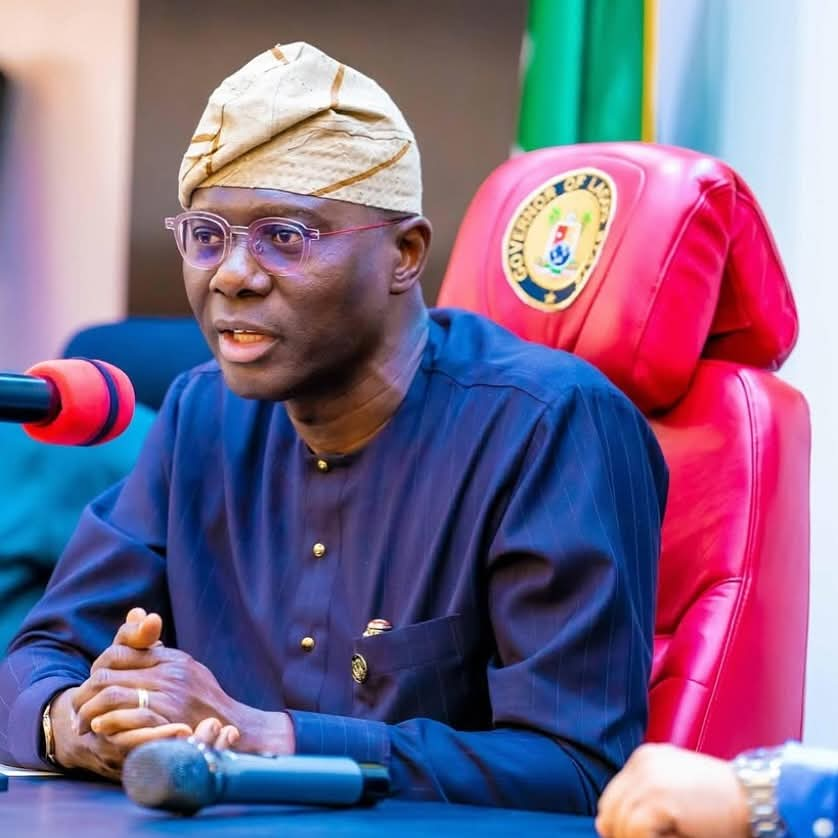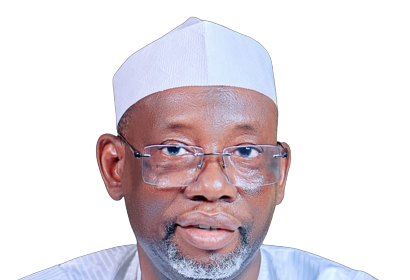
By Adeyemi Adekunle
Lagos surges with anticipation and unease as more than 7.6 million registered voters prepare to cast ballots in local government elections tomorrow, July 12, 2025. Friction within the ruling All Progressives Congress (APC) over candidate selections—especially in Agege, Mushin and Ikeja—has escalated political anxieties, while alleged intimidation and vote rigging claims cloud the electoral atmosphere ahead of polls covering 20 LGAs and 37 LCDAs .
Opposition leaders, notably from the PDP and Labour Party, accuse APC-affiliated officials and the Lagos State Independent Electoral Commission (LASIEC) of colluding to suppress votes and deploy irregular tactics, warning that police-imposed movement restrictions could disenfranchise residents . PDP officials report forced collection of voter cards from market women and wider intimidation designed to bias outcomes . Labour Party candidates echo fears of ballot box snatching, torn posters and orchestrated disruptions reminiscent of the violence in the 2023 general polls .
LASIEC has responded by ramping up biometric accreditation and pledging real-time results uploads from 13,325 polling units. Chairperson Justice Bola Okikiolu‑Ighile (retd) underscored inclusivity measures—prioritizing pregnant women, the elderly, and persons with disabilities—while denying any political bias.
Meanwhile Commissioner of Police Adegoke Fayoade implemented a 6 a.m.–3 p.m. statewide movement order aimed at preserving order, though critics argue it may suppress turnout.
Amid these tensions, Lagos Governor Babajide Sanwo‑Olu urged calm, urging voters to exercise civic responsibility and dismiss boycotts. Political analysts note that this vote will test APC unity and set the tone for the 2027 general elections in Tinubu’s power base. Dissent within APC over primary impositions hints at fractures, offering opposition parties a rare opening.
Civil society groups, international observers and residents are watching closely. This election, more than a routine council vote, symbolizes Nigeria’s democratic endurance. Smooth conduct would strengthen trust in local governance; violence, manipulation or low turnout could erode faith and spark unrest.
As the countdown ends, Lagosians weigh questions over freedom, fairness and future political direction. Voters ask: Will tomorrow mark democratic renewal or deepen suspicion in a city that carries Nigeria’s economic and political pulse?



